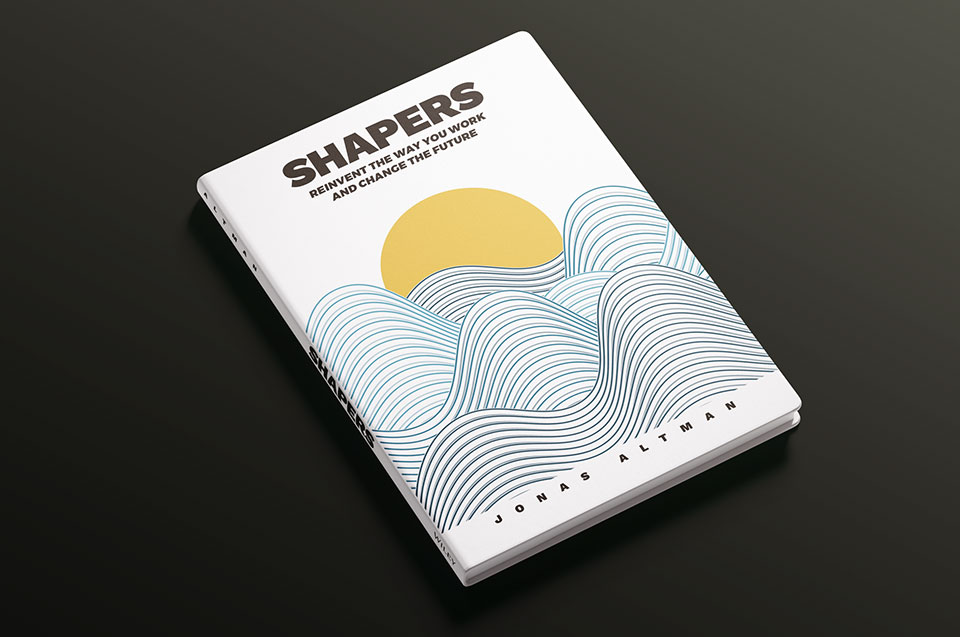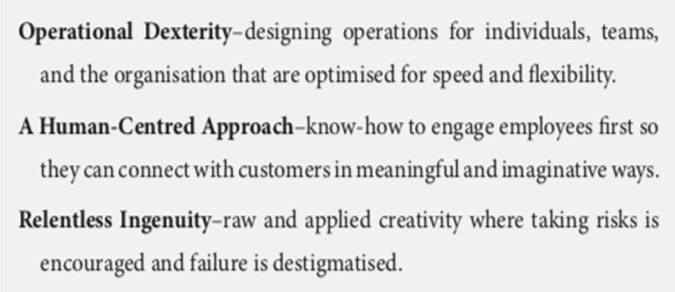Your Team May Not Playing in the NBA or on the Frontline But It Can Learn Some New Tricks

A half-century ago or so, companies would look to build team camaraderie through informal social activities. Executives might meet one another’s families at Christmas parties or over a round of golf.
These activities proved beneficial when teams were more permanent. But a practice like this today may result in more resentment than rapport. When you’re part of a team for only a few weeks, a short exercise on building trust may be a better use of time than a holiday party or another go at the back nine.
Stealing From the NBA
What do you get when you prioritise team success over individual glory? A celebrated sports team. With a premium on performance, NBA players can come into one franchise – strut their stuff – and be on their merry way to the next.
Likewise, top performers in the workplace who bring their A-game are clear from the get-go on their inputs and anticipated outputs. They know their value and how to best gel with their team to get great work done. This is why one of Reid Hoffman’s better-known interview questions is, ‘What are your plans after LinkedIn?’ He wants to gauge that people are thinking like champs.
We tend to think about teams as homes and as such enmesh ourselves with our teammates. Our sense of self becomes tied to the group. So the challenge for companies seeking to move to sports team-styled ways of working is all about letting go of the permanence of a team. Due to the short-lived nature of teams today, the talent market looks a lot more like the world of professional sports. You have to be crafty to attract the right people–and courageous to let them go when their time is up.
Fluid Teams Work
Effective teams need clear goals, well-defined tasks, the right skills and experience at hand, sufficient resources, and access to support. But they also need to be fluid. “Work–be it patient care, product development, customized software, or strategic decision-making–increasingly presents complicated interdependencies that have to be managed on the fly,’ explains Harvard professor Amy Edmonson.
The more fluid the organising principles of our teams, the better they can gather, process, and act upon information. Gobbling up the rich data sets teams provide, the organisation has valuable business intelligence from which to continuously anchor decisions. Information flows where it needs to go and the company is able to generate much more value. Military outfits might speedily take lives, while surgical teams swiftly save them. It’s this way of working that helped Airbnb enter the Cuban market in just 10 weeks.
To the average onlooker it may appear that high performing teams dissolve almost as soon as they’ve formed. What won’t be as apparent is the special sauce such teams generate to tackle the problem at hand – taking on a never ending search for better ways to get work done.
Becoming a Stealth Learning Organization
The Dutch healthcare provider Buurtzorg employs 10,000 nurses. In teams of 10 nurses, each unit serves about 50 patients in a small, well-defined neighbourhood. Amazingly, there are only 45 staff in the head office.
Buurtzorg’s community-based practice empowers teams by letting them manage themselves. Frontline nurses have both the opportunity and authority to make decisions that affect their own work. The fragmented and inefficient ways of nursing give way to agility. Humanity wins over bureaucracy.
The impact of this way of working has been monumental. Buurtzorg uses under 40% of the hours that Dutch doctors have stipulated for patient care, reduces all emergency hospital visits by 30%, and saves the Dutch healthcare system hundreds of millions of euros every year. Patients recover faster, remain in care for half the time, and become more autonomous. Buurtzorg is consistently rated employer of the year and is now the blueprint for healthcare providers the world over.
Disrupt or be Disrupted
What’s needed for organisations and the people who power them is learning to disrupt themselves before someone else does it for them. And innovating amidst uncertainty means possessing:
This adaptive way of working is an organization strategy fit for the emergent era we live in. It lets both the individual and the collective learn and execute on the go.
The problems that businesses will need to solve in the future will only grow more challenging. And when talent is on the move, they can’t afford to stand still to cope with more complexity; fluid teams like those of Buurtzorg or the Lakers will instead become the norm.
The most significant shift in companies that cultivate fluid teams is letting go of a machine-age mentality and celebrating the human spirit in its place. It’s an active practice that requires identifying the right people to work with, effectively communicating, working well as individuals and as a unit, and focusing on the right things at the right time to discover better ways to do things.
Reshaping how we work means abandoning the need to find answers and instead devolving power to ask better questions. Because when everyone is playing on the same, victory is that more bittersweet.
Adapted from SHAPERS: Reinvent the Way You Work and Change the Future (Wiley, Sept 2020) by JONAS ALTMAN.
Have you read?
World’s Most (And Least) Expensive Cities For Taxis.
World’s Best Cities For Business Travel.
World’s Best Cities For Street Food-Obsessed Travellers.
Family Friendly Beach Vacations In The United States.
Add CEOWORLD magazine to your Google News feed.
Follow CEOWORLD magazine headlines on: Google News, LinkedIn, Twitter, and Facebook.
This report/news/ranking/statistics has been prepared only for general guidance on matters of interest and does not constitute professional advice. You should not act upon the information contained in this publication without obtaining specific professional advice. No representation or warranty (express or implied) is given as to the accuracy or completeness of the information contained in this publication, and, to the extent permitted by law, CEOWORLD magazine does not accept or assume any liability, responsibility or duty of care for any consequences of you or anyone else acting, or refraining to act, in reliance on the information contained in this publication or for any decision based on it.
Copyright 2024 The CEOWORLD magazine. All rights reserved. This material (and any extract from it) must not be copied, redistributed or placed on any website, without CEOWORLD magazine' prior written consent. For media queries, please contact: info@ceoworld.biz
SUBSCRIBE NEWSLETTER











